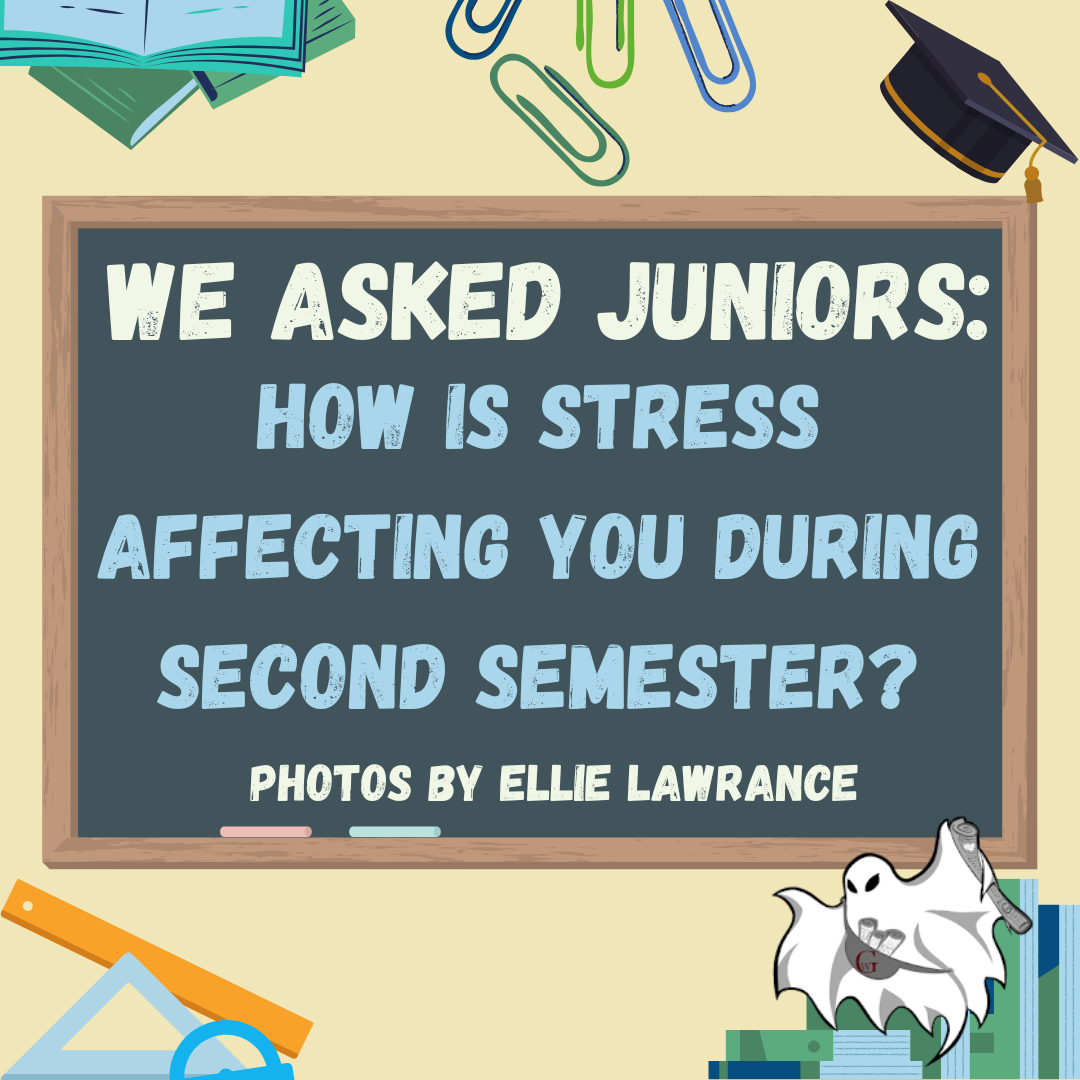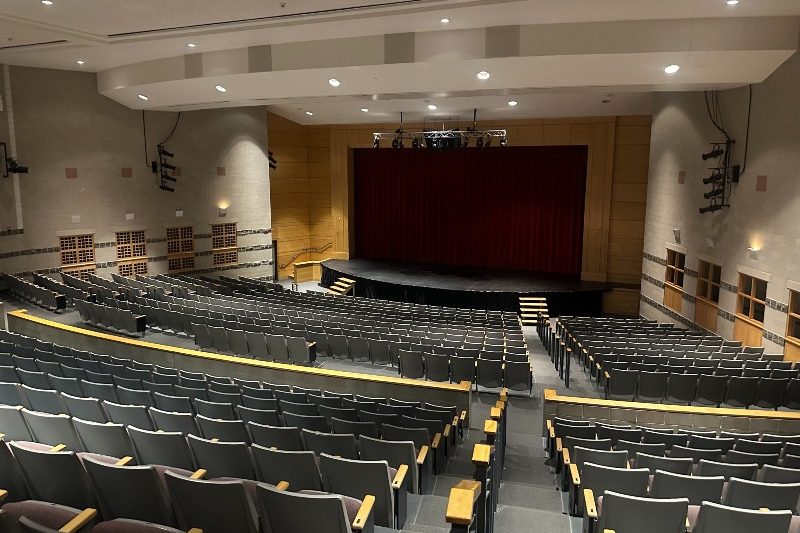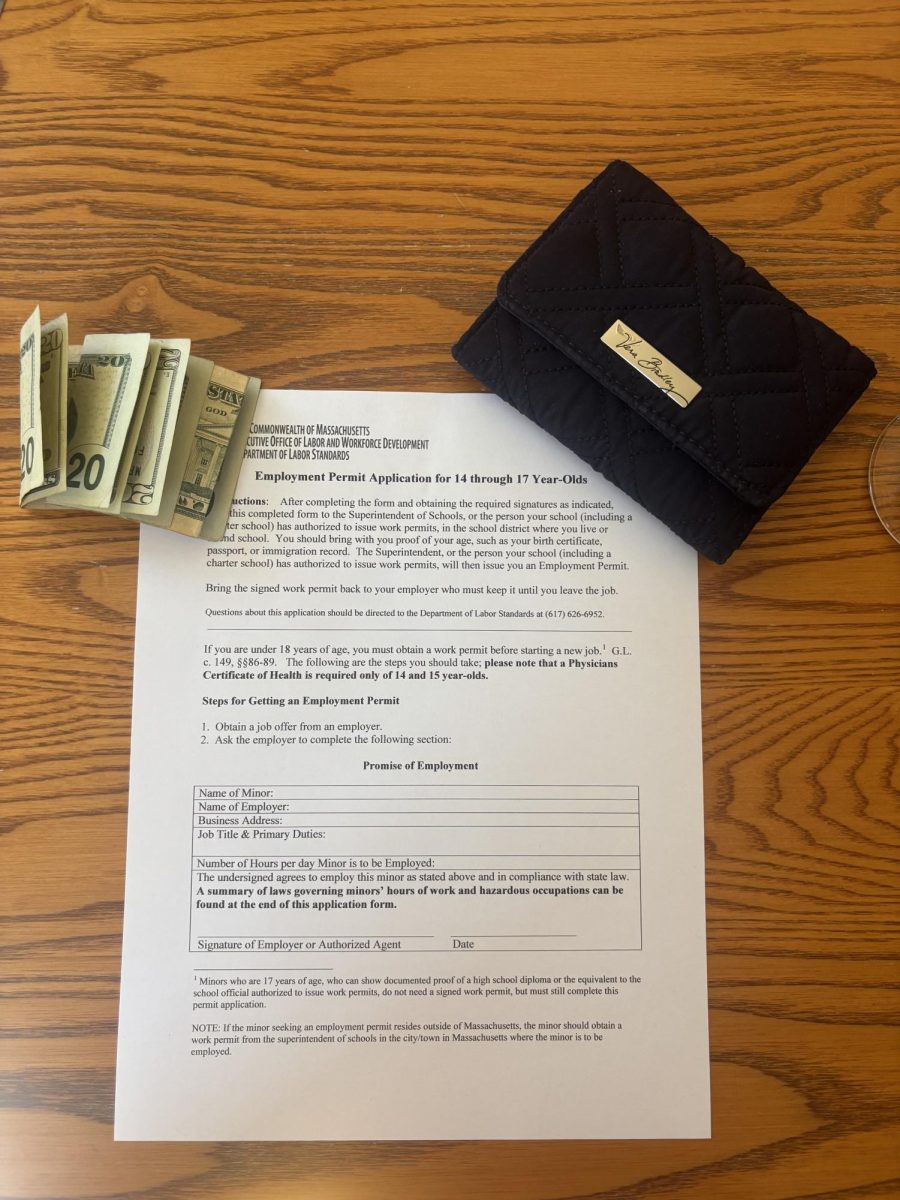By Kyle Auger & Abigail Cianciolo
Editors-in-Chief
The school’s advisory program has always been a topic of conversation throughout the Westford Academy halls. It seems every student and teacher has their own opinion on the new addition to the curriculum.
This program was put in place to ensure the school would be accredited by the New England Association of Schools and Colleges, NEASC, which has established the following standard for high schools: “There shall be a formal, ongoing program through which each student has an adult member of the school community in addition to the school guidance counselor who personalizes each student’s educational experience, knows the student well, and assists the student in achieving the school-wide expectations for student learning.”
Resulting from the new standards, the Double A day program was introduced at the beginning of the school year. Double A is similar to the current advisory day concept, however it is a shorter period and there will be two teachers in each homeroom. The goal of the system is to provide students with an adult they can create a positive relationship with, aside from those who are grading them in class.
At it’s core, the general idea is not horrible. There is nothing wrong with creating a network of adults that younger students can identify with and trust, but building that kind of relationship takes serious time to build. Two meetings a month is simply not enough time to foster these connections.
Given this short amount of time to meet, the program at least needs a strong agenda of activities. Students can only take “getting to know you” activities so seriously for a short time. There needs to be a stronger way of open communication between the homeroom teacher and the students so that they can truly build those networks.
In addition, on the last Double A day we had featured a video from the Miami football team about the topic of ethics and morals. Regardless of the fact of whether or not the Miami Dolphins are the high-moral standard we are striving for at WA, the topic of values really does not help students with their relationships with teachers, but rather their own personal standards.
At this point the program seems superficial and forced. It is obvious that it needs to be changed but how is the essential point. To solve this problem it is helpful to look to other towns in the state.
One form administration should look towards is in Scituate, MA. Their program has been tailor-made specifically based on the grade of the students, by using essential questions. For example, for seniors, the goal of the sessions boils down to, “How can we work to develop our skills in order to transition into post high school life as thoughtful and dedicated citizens of our global community?” according to the Scituate High School website.
This idea is better than our in that it becomes useful to all grades. Freshman are in a very different place than seniors, and they need support in different areas from their advisory teachers. The use of goals for each age group creates more value for the time period.
Needham Public Schools have their advisory programs meeting every day during school. This allows for students to fully be immersed in a relationship with their peers and advisory teachers who can provide guidance through stressful points of high school.
Even at lower level schools in Westford, advisory programs are put in place that meet multiple times a week. Students can use this time for activities, or even as a stress release time to finish up some of the previous night’s homework.
Having another teacher with children everyday will be enable them to ask questions, talk, and work together on a more common basis. To improve our current system, it is important to either increase the frequency or the quality of the activities.
Even though without the pressure of NEASC the school would not have made this change, the current Double A still has enormous potential to help students and even the community. It needs to evolve from something seen as a time to miss class and catch up on homework to a constructive period.
To change the connotation of this fledgling program in a student body that is generally against all administrative decisions, the leaders of our school must reach out to the pupils, show an honest effort, and put forth an activity that both captures their attention while doing something productive.
Our advisory day system in its current state is falling short of its potential and needs to be adjusted. It currently serves as a joke amongst students and teachers, and until a positive attitude about Double A is instilled through thoughtful activities and discussions, the program will continue to fail in its purpose.
If the school can look and take aspects from other local systems, we could transform a floundering program to a huge positive in our school and community as a whole.






